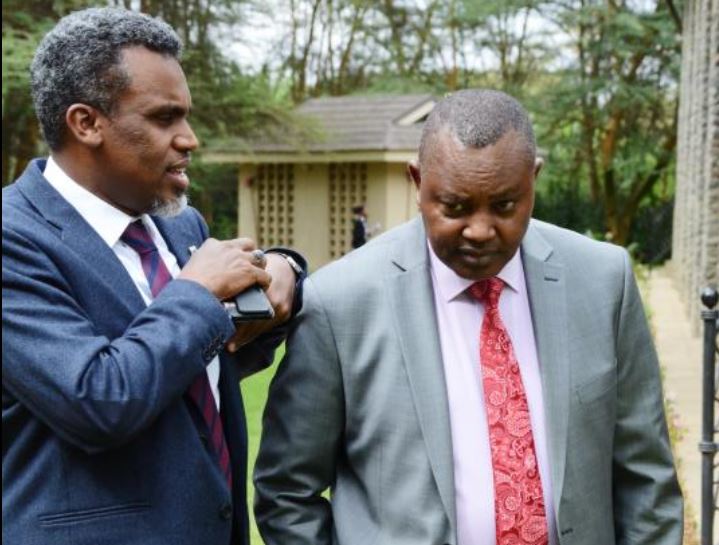×
The Standard e-Paper
Home To Bold Columnists

The Director of Criminal Investigations (DCI) and the Director of Public Prosecutions (DPP) will have limited powers in the fight against corruption if a Bill before the National Assembly becomes law.
This comes just days after the Deputy President William Ruto and politicians allied to him said at a rally that the mandate of fighting corruption falls under the Ethics and Anti-Corruption Commission (EACC) and not with the DPP’s or the DCI’s offices.